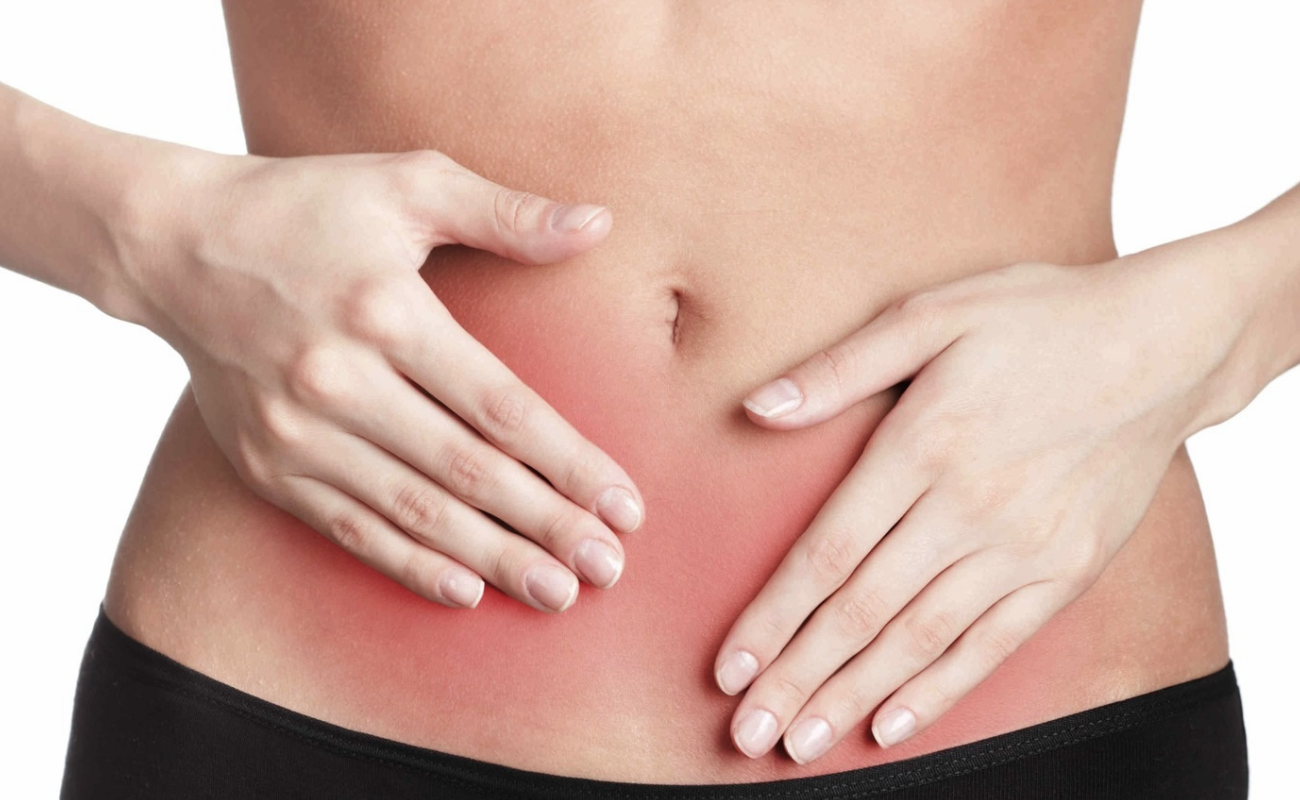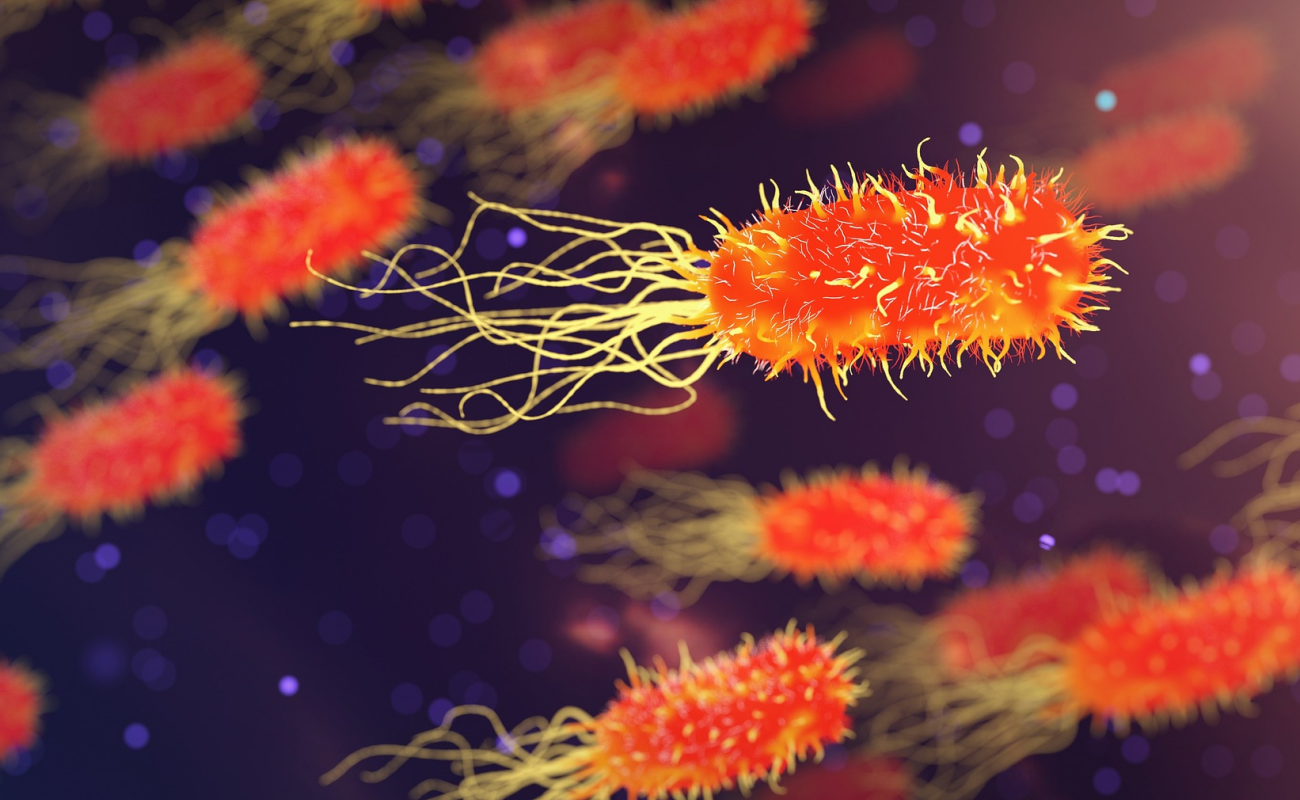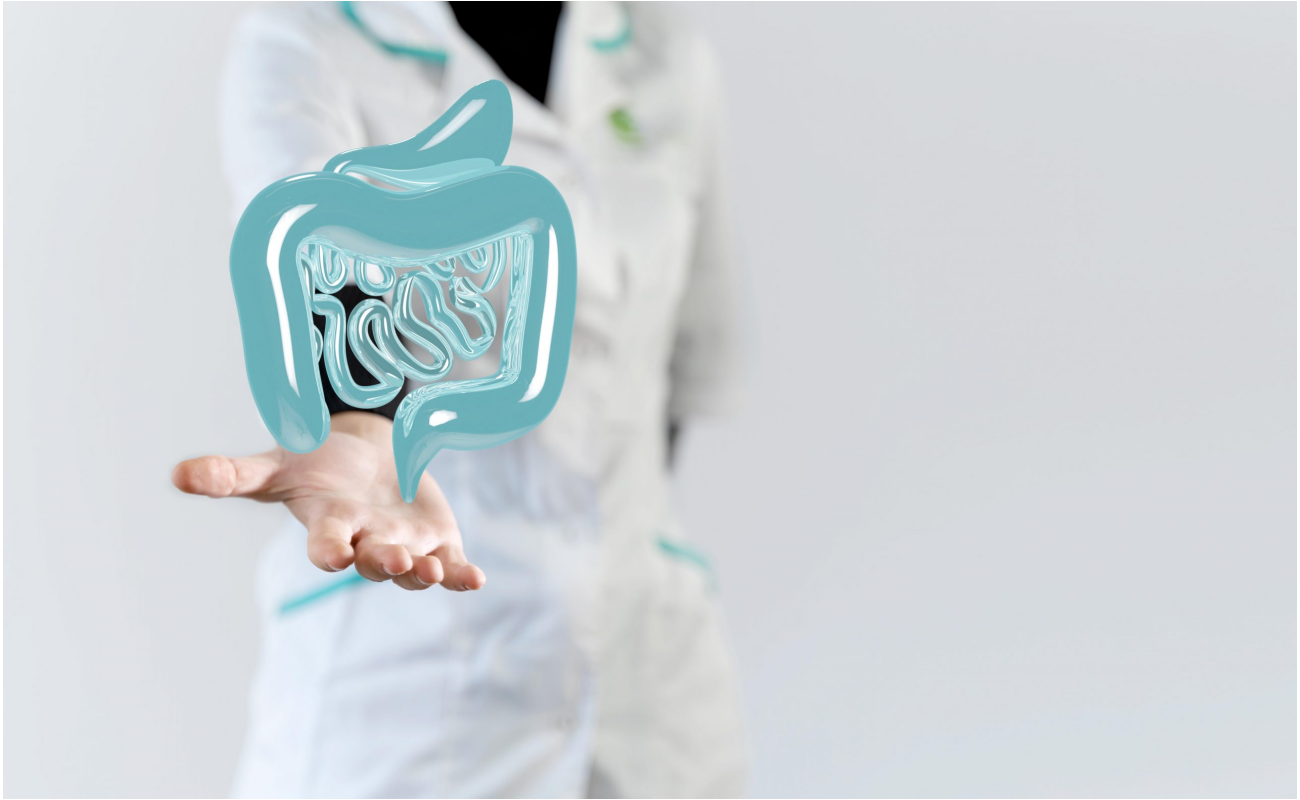Helicobacter pylori is an infectious bacterium that has been linked to a number of gastrointestinal diseases, including stomach ulcers and gastritis. It is estimated that more than half the world’s population carries this bacterium in their body. Recently, research has suggested that it may also be linked to leaky gut syndrome (LGS). LGS occurs when the lining of the intestine becomes damaged, allowing toxins, bacteria, and undigested food particles to pass into the bloodstream through the intestinal wall. This can lead to a variety of symptoms such as abdominal pain, bloating, gas, fatigue, and skin issues.
Studies have shown that H.pylori infection increases intestinal permeability or ‘leakiness’ which can lead to leaky gut syndrome.

H.pylori causes inflammation in the stomach lining which results in increased production of mucus by the stomach cells this mucus then accumulates on top of the cells’ tight junctions causing them to become less effective at containing what should be inside your intestines the contents from what should stay outside bacteria & toxins. As these tight junctions become increasingly leaky over time due to ongoing inflammation caused by H.pylori infection, they eventually allow bacteria & toxins into your bloodstream – leading ultimately to LGS symptoms.
Research suggests that treating an H.Pylori infection with antibiotics can help reduce inflammation associated with the leaky gut syndrome and improve digestion absorption of nutrients from food consumed.

In addition, probiotics along with prebiotic-rich foods help restore beneficial bacteria in your intestine, furthering support for improved digestion absorption. Following an anti-inflammatory diet high in fiber may also help reduce inflammation associated with LGS.
In conclusion, there appears to be a strong link between Helicobacter pylori infection and Leaky Gut Syndrome. Treatment for both conditions requires multiple approaches such as antibiotics for bacterial infections, probiotics for restoring beneficial bacteria balance within intestines, following an anti-inflammatory diet rich in fiber & prebiotics, etc. If you suspect you’re suffering from either condition it is important to speak with your doctor who can provide advice tailored specifically for you based on their assessment.

